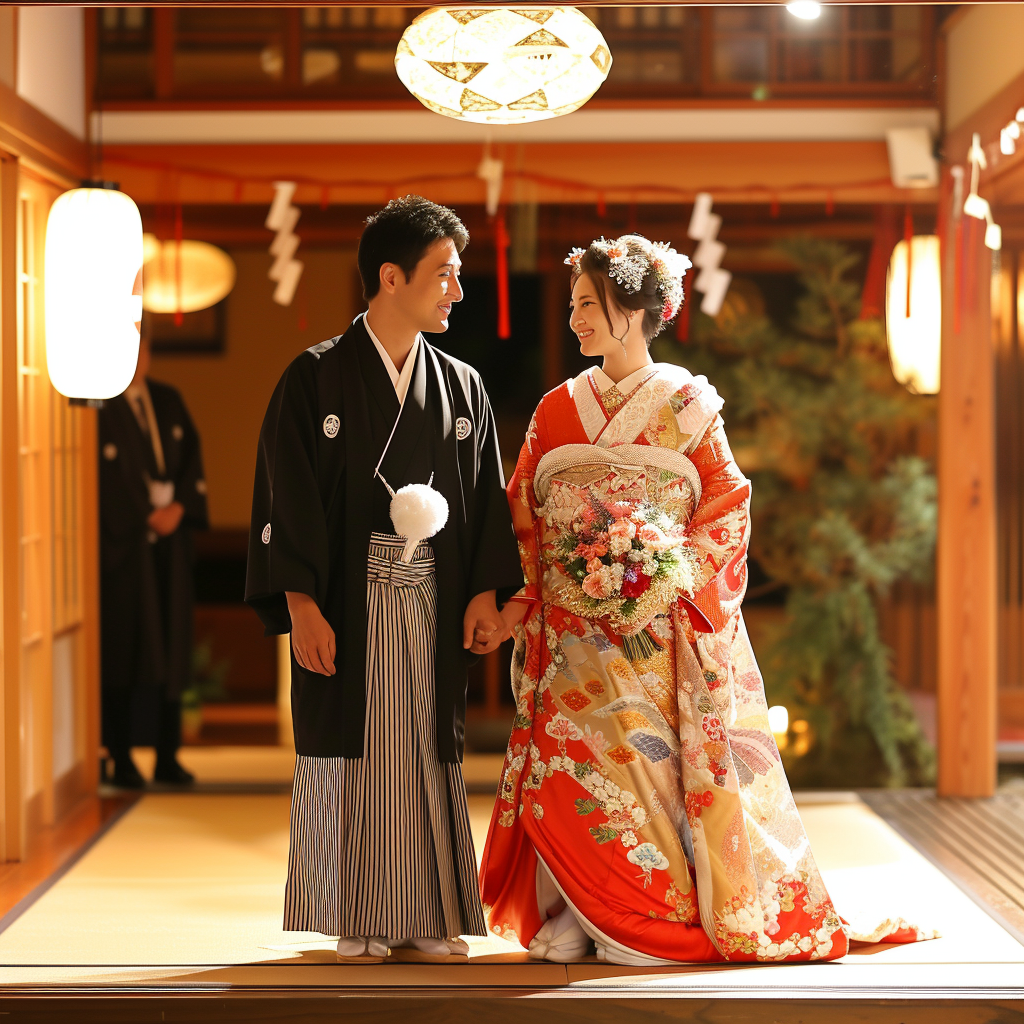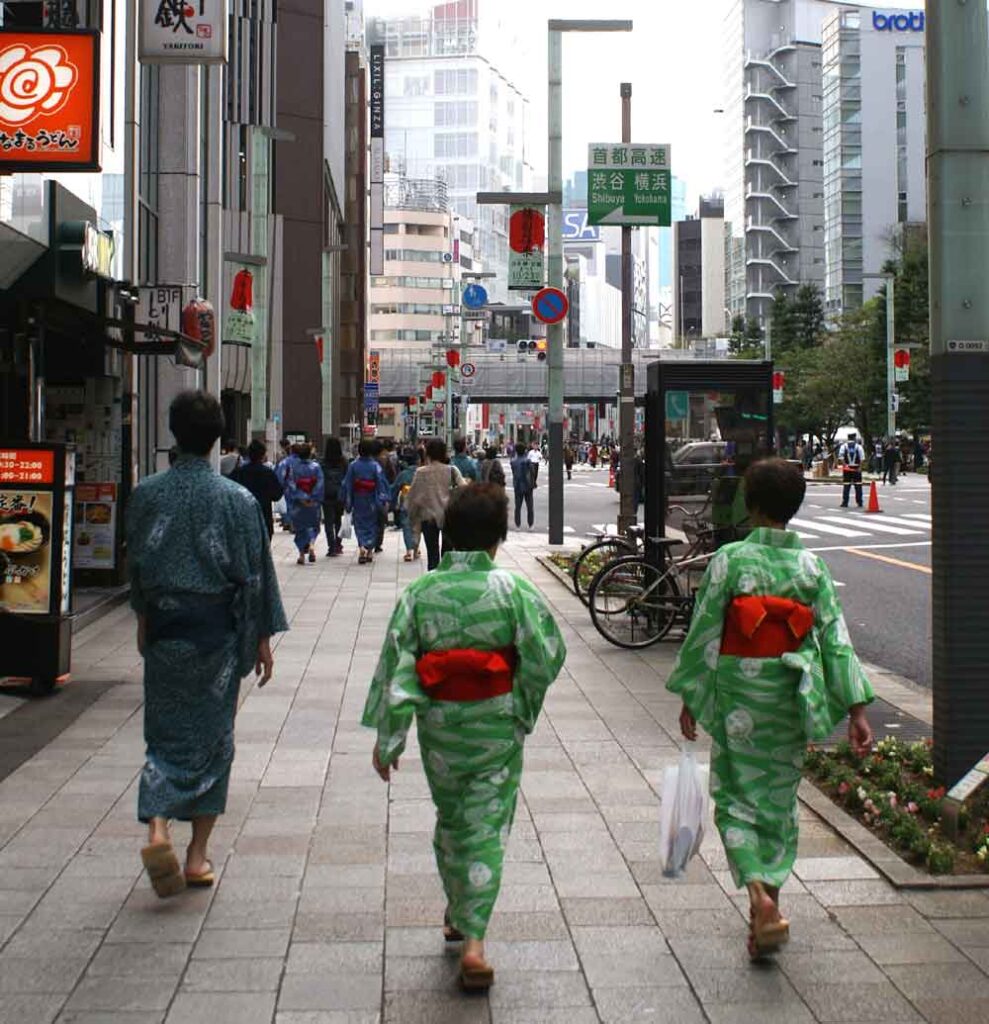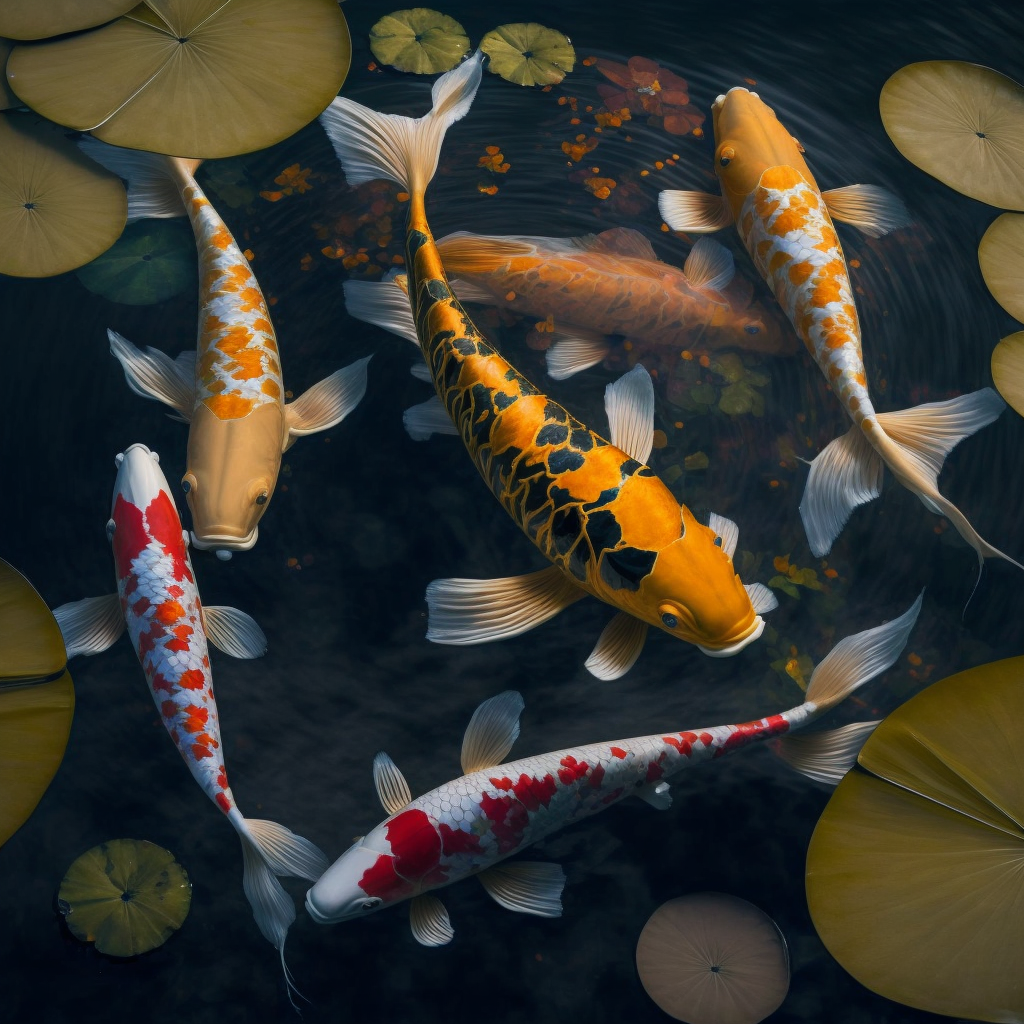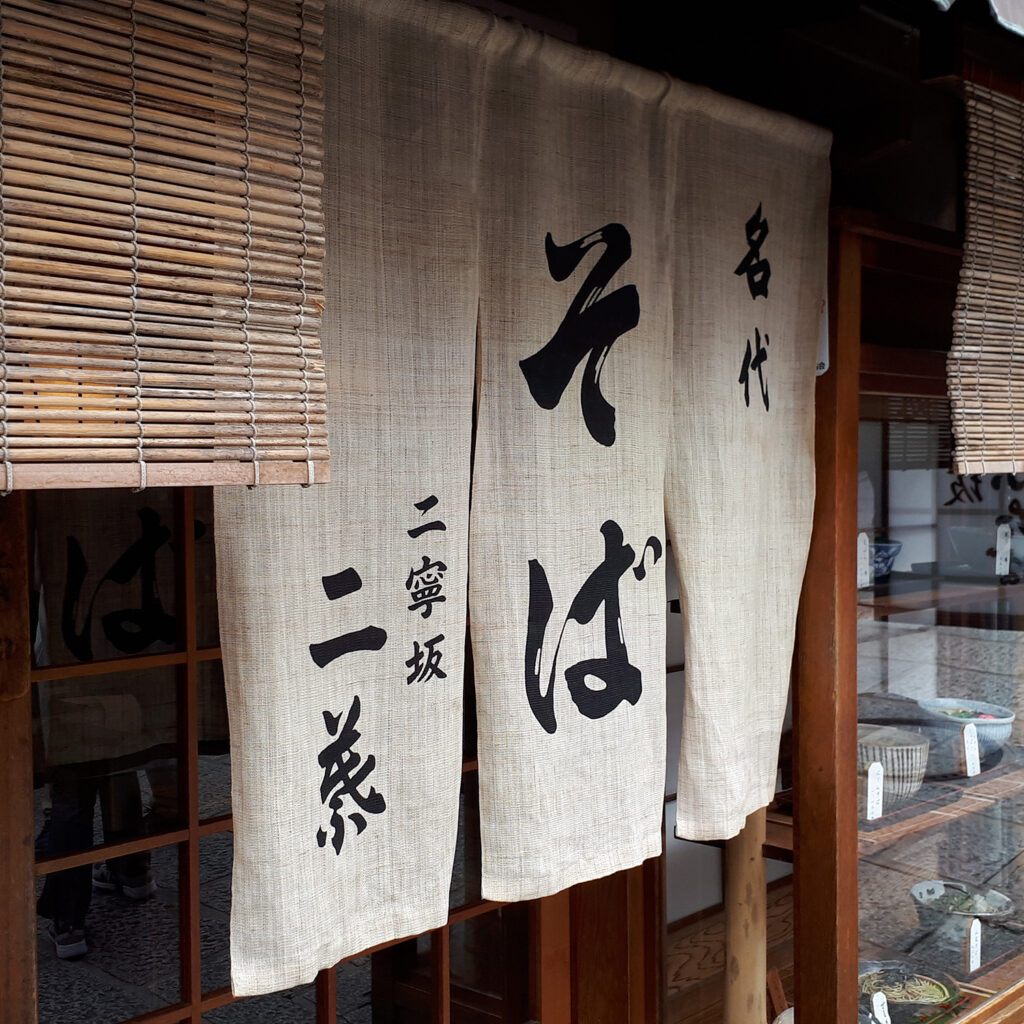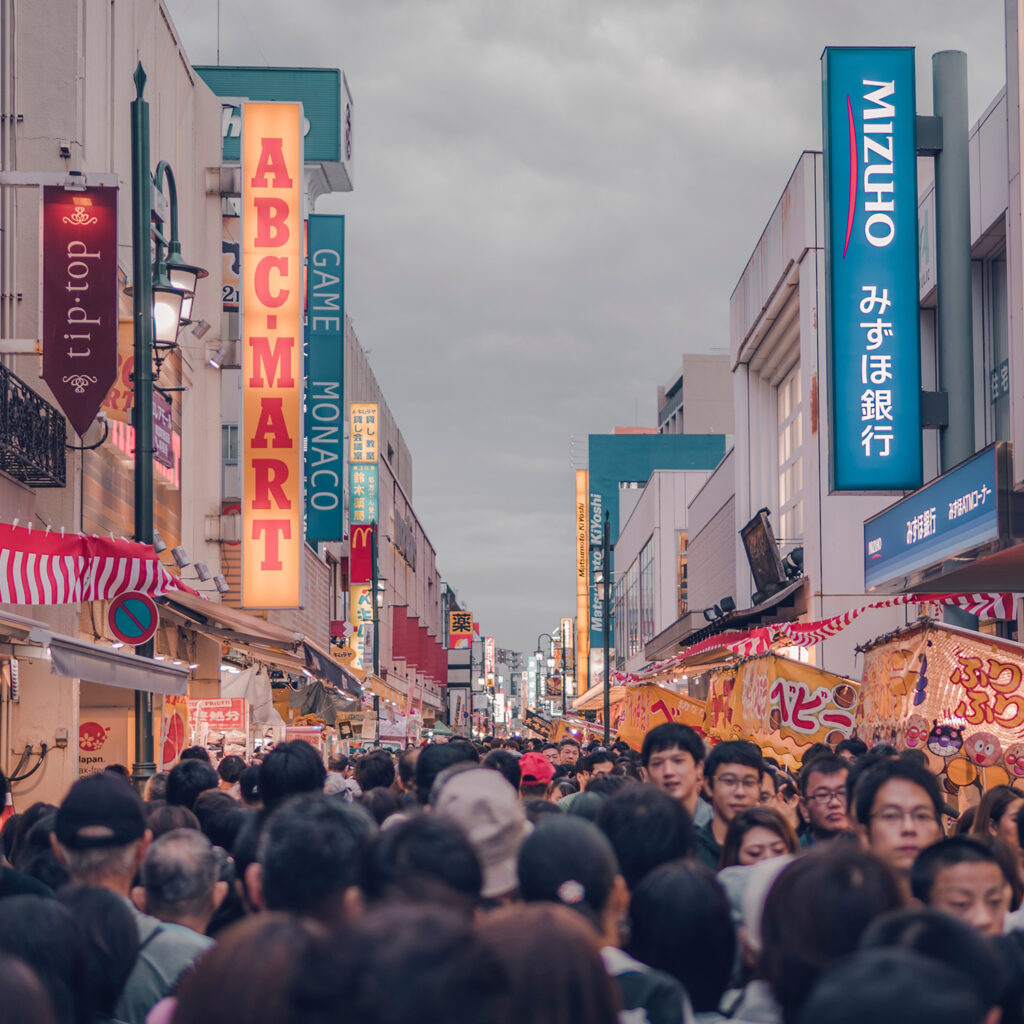Marriage, or 結婚 (Kekkon) in Japanese, is a sacred and tradition-rich institution at the heart of Japanese society. This article delves into the customs, ceremonies and cultural meanings surrounding marriage in Japan.
Pre-Marital Traditions
Even before the wedding celebration, several traditional steps mark the path to union. First, the act of “miai” often involves introducing potential future spouses through friends or family members. Although this practice has declined, it reflects the importance of family compatibility in the marriage decision.
Wedding Ceremonies
Wedding ceremonies in Japan often combine traditional and contemporary elements. The main ceremony can take place according to the Shinto rite, celebrating the blessing of the gods, or according to a Western style with a Christian influence. Shinto weddings are often held at a shrine, while Christian weddings may take place in churches. The ceremony is usually followed by a festive reception.
Kimonos and Kakeshita
Brides traditionally don an “uchikake” or “kakeshita”, a sumptuous kimono, during the ceremony. Intricate and symbolic patterns often adorn these kimonos. Colors, like red and white, carry special meanings, with red symbolizing luck and happiness, while white represents purity.
Gifts and Red Envelopes
Gifts play a crucial role in Japanese weddings. Guests usually bring “oshugi” or red envelopes containing money as congratulations. The amount offered is often chosen carefully, and it is customary to give odd amounts to avoid any equitable division, thus symbolizing the unity of the couple.
Commitment to Family during the Marriage
Marriage in Japan is not only the union of two individuals, but also a commitment to families. Married couples often take on extended family responsibilities, and the concept of “ie” (family home) continues to have a significant influence. Family ties are cherished and family stability is a priority.
Evolving Attitudes Towards Marriage
Over the past few decades, attitudes toward marriage have evolved in Japan. Younger generations often place more importance on independence and career before getting married. Marriage rates have declined, and couples sometimes choose to delay or opt for more informal weddings.
In conclusion, marriage in Japan remains steeped in deep traditions, symbolizing not only the union of two individuals, but also harmony between families. It is a celebration of love and continuity, testifying to the delicate balance between respecting customs and adapting to contemporary developments in Japanese society.

